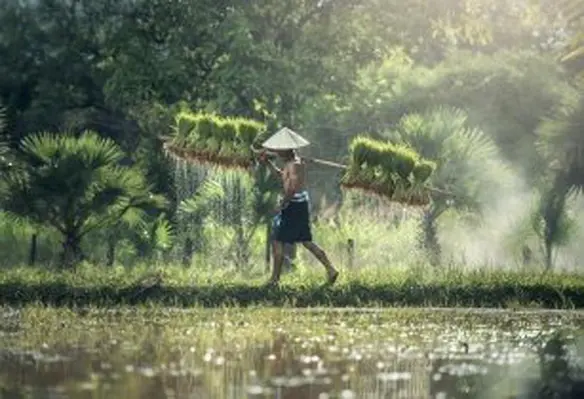In the ongoing COVID-19 crisis, the UN Food and Agriculture Organisation (FAO) is taking initiatives to protect the vulnerable or marginalised farmers that are on the receiving end of the after-effect of the pandemic
In Bangladesh, FAO is implementing a mix of all of the above – seeds, cash and livestock support – to help families shield their assets through the monsoon season and keep producing before the fallout of the pandemic impacts rice production – a major staple for many vulnerable families.
The Asian country might see the peak of the virus coincide with the monsoon floods at a critical time for rice production and livestock trade.
FAO has emerged as one of the important leaders in early intervention and anticipatory action over the past five years. The COVID-19 pandemic offers a new opportunity to apply the experience and expertise of its staff and partners to a new global challenge.
“Just like the exact path of a hurricane might be hard to predict, there is much we can’t yet know about the course of the pandemic. But we can monitor changes in COVID-19 cases, food security, trade, weather patterns and many other factors that allow us to envision different scenarios and anticipate bottlenecks before they occur,” stated FAO.
Anticipatory action has saved lives and livelihoods in times of conflict and natural disasters and it can do the same to mitigate the shocks of a health crisis if we build the right warning systems to act early. Setting up those systems now for all vulnerable countries will not only curb the knock on effects of COVID-19, but create the infrastructure to act quickly in future pandemics, too.




